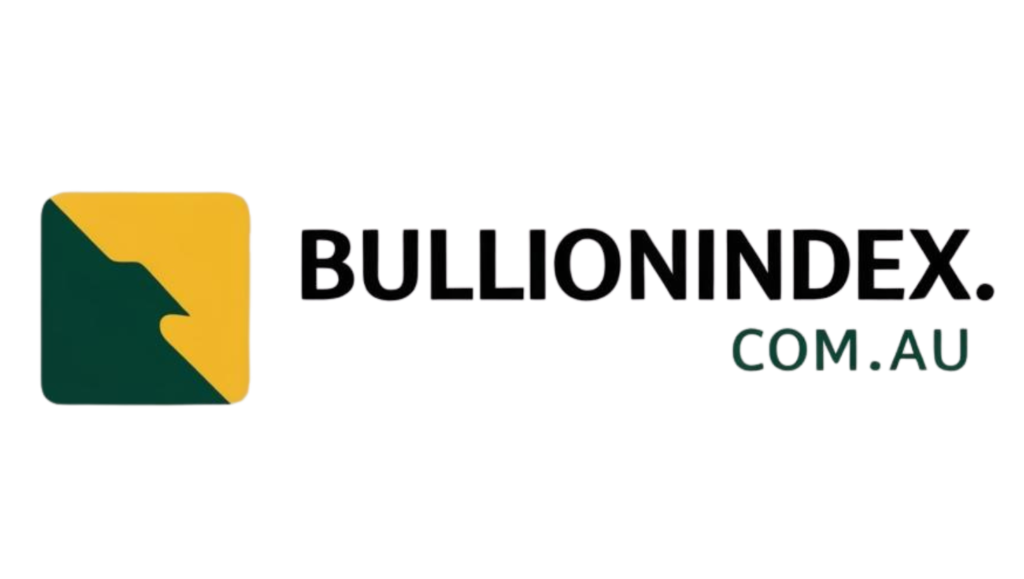Silver bullion prices have shown remarkable strength in 2024, experiencing a substantial increase of 28.70% over the 11 months leading up to November 30. This surge, propelling the silver spot price from $23.65 to $30.63 per ounce, is attributed to various factors such as strong industrial demand amidst supply deficits and heightened investment interest amid economic uncertainties.
With a market size of about $30 billion annually, the silver market is relatively small compared to other commodities, leading to increased volatility. Global silver demand is expected to rise by 1% in 2024 to 1.21 billion ounces. Silver’s unique dual role as both a precious metal and an industrial commodity contributes to its volatility, presenting investors with opportunities for risk and reward.
Silver’s industrial applications account for roughly 55% of its global demand, with significant contributions from sectors such as solar energy, electric vehicles, and consumer electronics. The solar industry, in particular, has been a major driver of silver demand, with a 158% increase in silver demand for solar panels observed from 2019 to 2023.
Investment demand for silver remains significant as it serves as a hedge against fiat currency devaluation and a store of value, especially during times of economic uncertainty. Exchange-traded funds (ETFs), silver coins, and bars are popular investment avenues in the silver market, albeit more volatile than industrial usage.
Despite the essential role of silver in renewable energy and electronic applications, it is notably absent from many national critical mineral lists, which may be an oversight given its crucial role in supporting clean energy transitions.
Silver supply has faced challenges with production stagnation over the past decade, leading to supply deficits. The global silver supply has not seen significant growth since 2014, with projections indicating a 1% decline in supply for 2024. Mining operations worldwide have encountered obstacles such as declining ore grades and higher production costs, affecting silver supply.
The gold-silver ratio has widened considerably, indicating that silver is currently undervalued relative to gold. Investors looking to incorporate silver into their portfolios are advised to consider a diversified approach that includes physical silver and exposure to silver mining companies for stability and growth potential.
Despite concerns over fiat currency devaluation, silver’s intrinsic value as a hard asset and reliable store of value positions it favorably amid economic uncertainties. Silver’s dual role as a secure investment and a driver of technological advancements underscores its enduring appeal in the evolving economic landscape.
Sprott, an alternative asset manager specializing in precious metal and real asset investments, emphasizes the unique investment opportunities presented by silver’s market dynamics. A diversified portfolio balancing physical assets and mining equities can offer exposure to silver’s stability and growth potential, driven by rising industrial demand and limited supply growth.
📰 Related Articles
- Silver Poised for Price Rally Amid Industrial Demand Surge
- Silver Prices Surge Amid Economic Uncertainty and Supply Deficit
- Silver Investment Outlook 2025: Diversification Amidst Market Volatility
- Silver Investment Demand Surges Amid Price Volatility and Trade Policy Shifts
- Silver Bullion: A Resilient Investment Choice Amid Market Volatility






